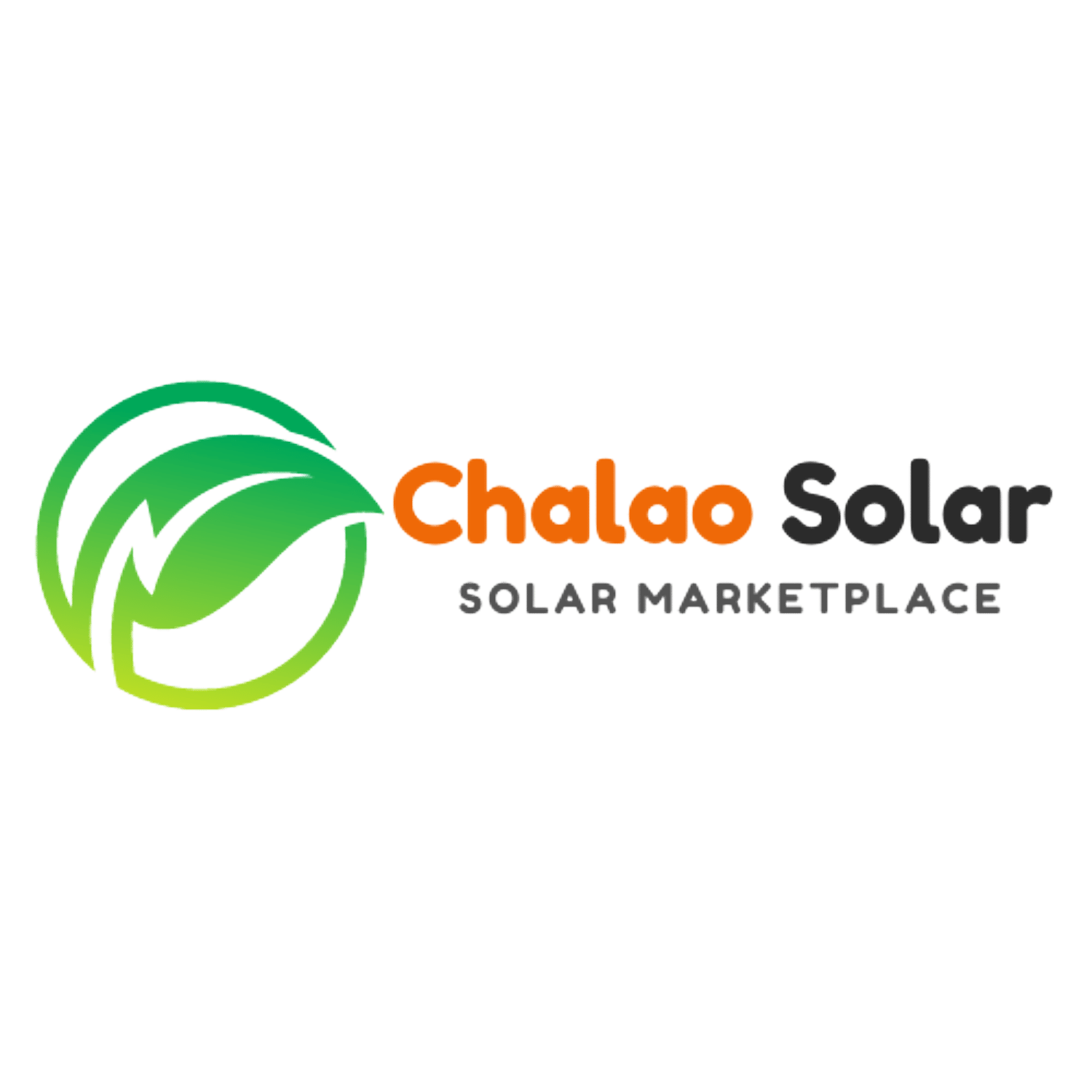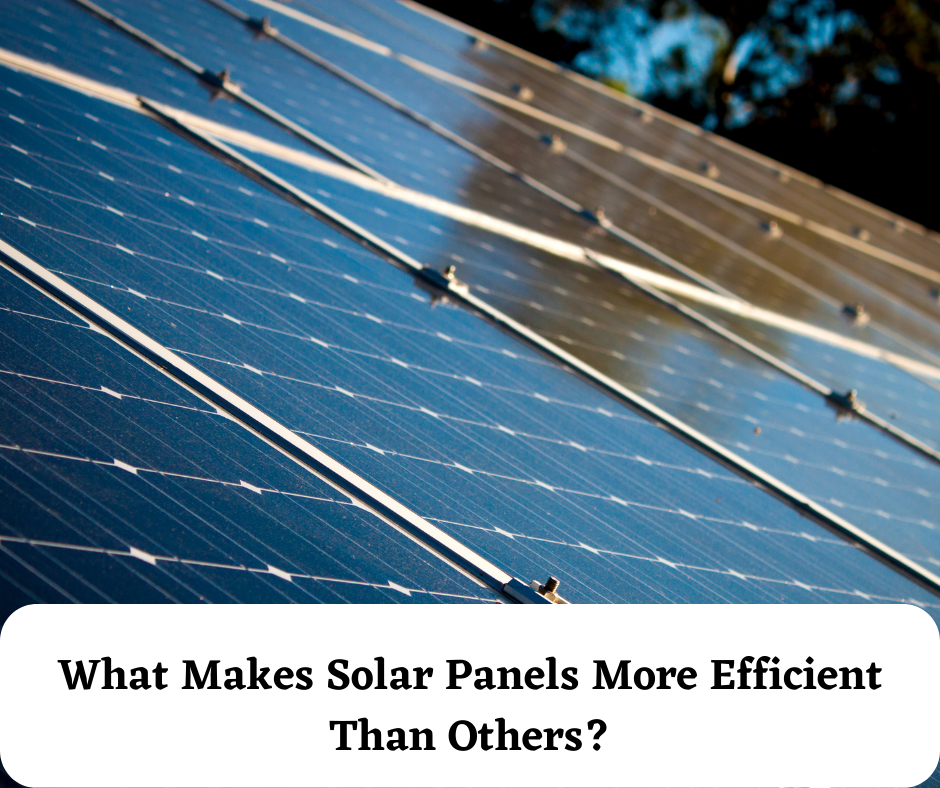Solar energy has gained significant popularity in recent years as a clean and sustainable source of power. One of the key factors that determine the effectiveness of solar energy generation is the efficiency of solar panels.
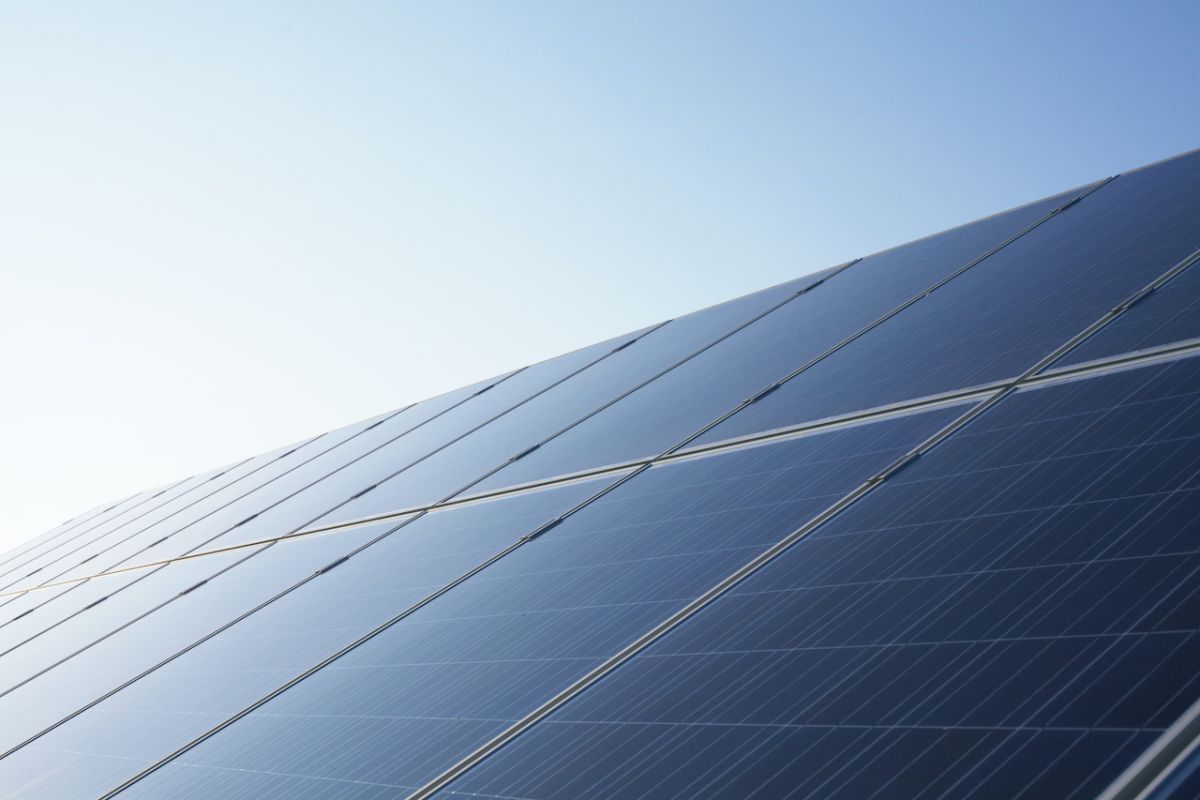
In this article, we will explore the various factors that make solar panels more efficient than others, leading to improved energy production and a greener future.
Introduction
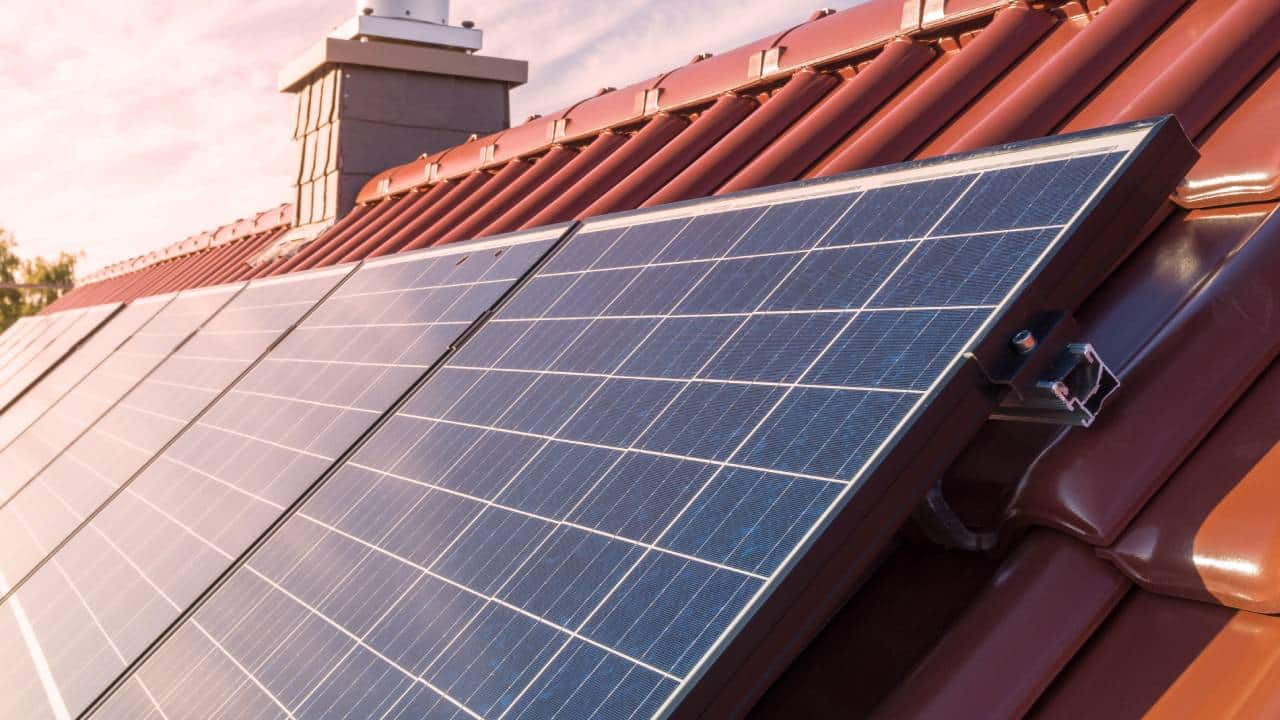
Solar panels, also known as photovoltaic (PV) panels, are design to convert sunlight into electricity through the photovoltaic effect. The efficiency of a solar panel refers to its ability to convert sunlight into usable electricity effectively. Higher efficiency means that the panel can generate more electricity for a given amount of sunlight, making it more productive and valuable.
Understanding Solar Panel Efficiency
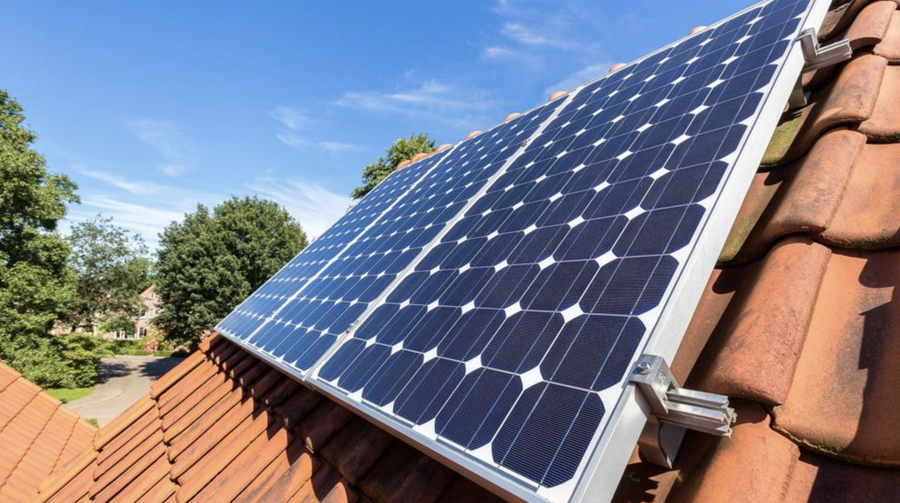
Solar panel efficiency is determined by the percentage of sunlight that can be converted into electricity. Traditional silicon-based solar panels typically have an efficiency ranging from 15% to 20%, while newer technologies have achieved efficiencies of over 25%. To understand what makes certain solar panels more efficient than others, we need to consider several key factors.
High-Quality Photovoltaic Cells
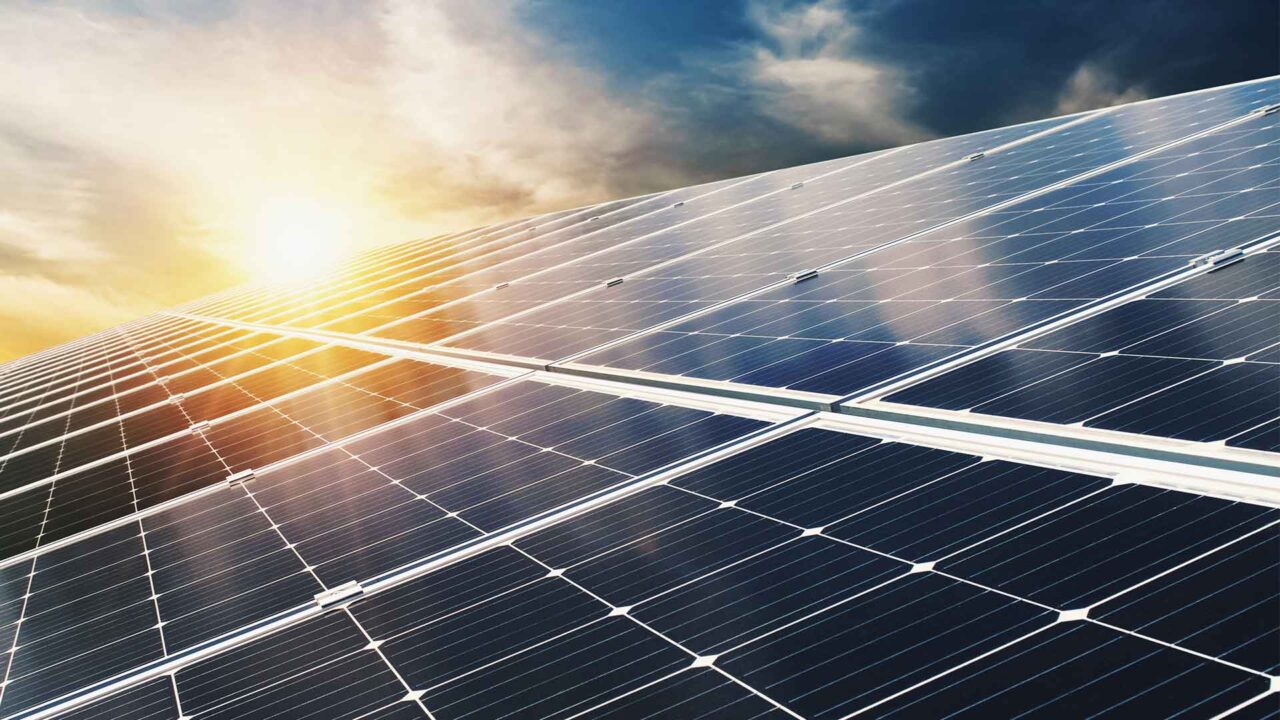
The heart of a solar panel lies in its photovoltaic cells. The quality of these cells greatly influences the efficiency and performance of the panel. Monocrystalline and polycrystalline silicon cells are commonly used in solar panels, with monocrystalline cells offering higher efficiency due to their uniform crystal structure.
Additionally, advancements in multi-junction cells and thin-film technologies have further increased solar panel efficiency.
Advanced Materials and Technologies
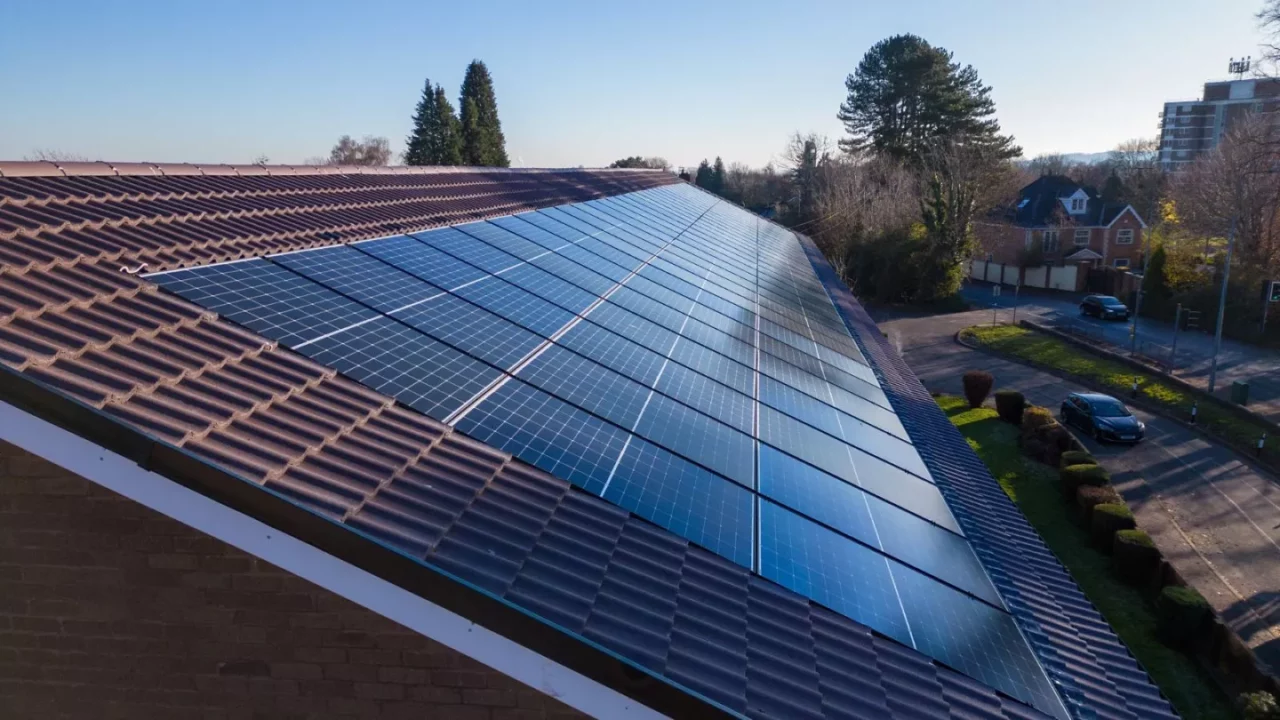
Innovation in materials and technologies has played a crucial role in improving solar panel efficiency. For example, anti-reflective coatings apply to reduce light reflection and increase light absorption, while passivation layers minimize energy losses caused by the recombination of electrons and holes. Nanostructured materials and quantum dots exploring to enhance light absorption and electron transport within solar cells.
Optimal Panel Design and Placement
The design and placement of solar panels have a significant impact on their efficiency. Factors such as the tilt angle, orientation, and shading must be considered to maximize sunlight exposure. Adjustable mounting systems allow for optimal positioning based on location and seasonal variations. Moreover, incorporating bypass diodes can prevent energy losses due to shading, improving overall panel performance.
Tracking Systems for Maximum Sun Exposure
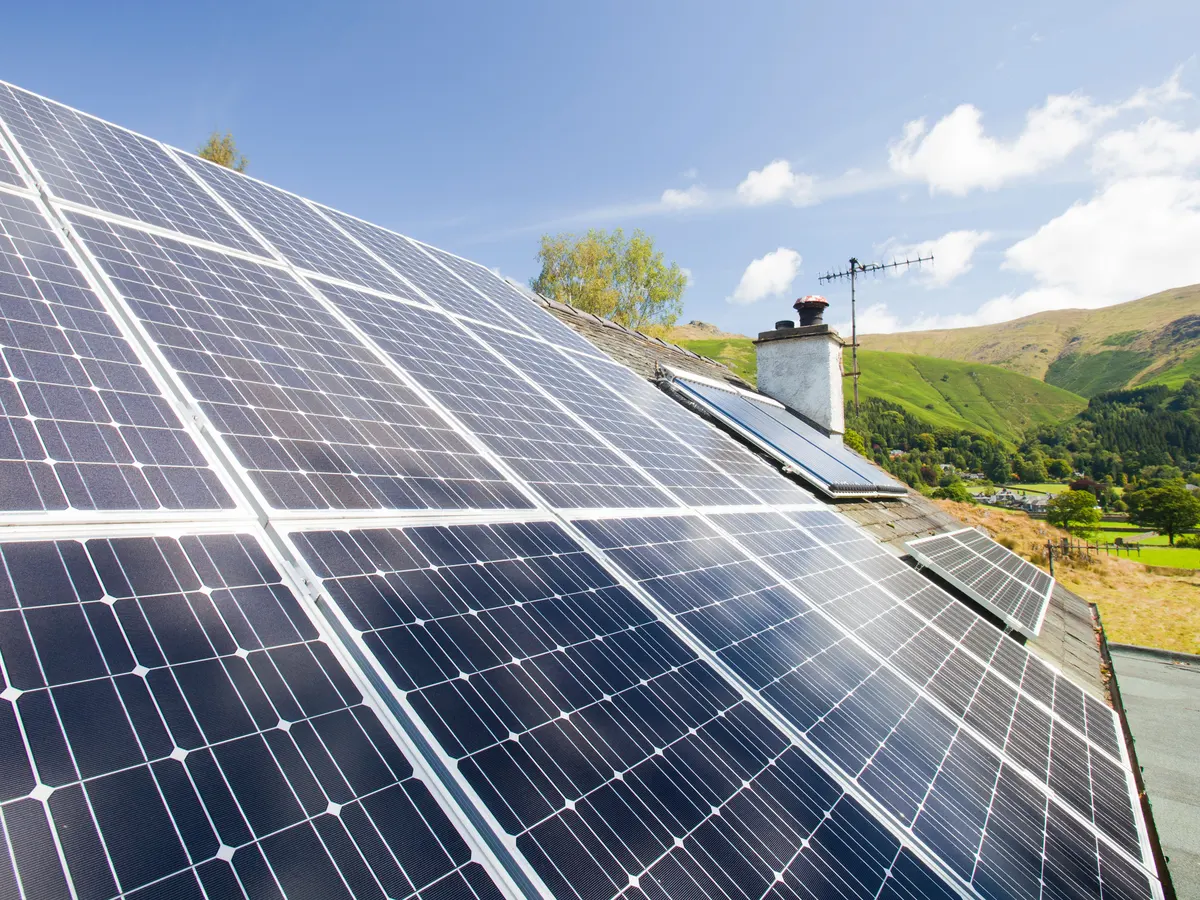
Solar tracking systems are used to align solar panels with the sun’s position throughout the day. Single-axis and dual-axis tracking systems can significantly increase solar panel efficiency by up to 25% compared to fixed installations. These systems adjust the panel’s position to ensure it receives the maximum amount of sunlight, optimizing energy production.
Minimizing Energy Losses
Efficiency can be enhanced by reducing energy losses within the solar panel system. This can be achieved through the use of high-quality wiring and connectors that minimize resistive losses. Additionally, improving the thermal management of solar panels helps maintain lower operating temperatures, which can improve overall performance and longevity.
Importance of Regular Maintenance
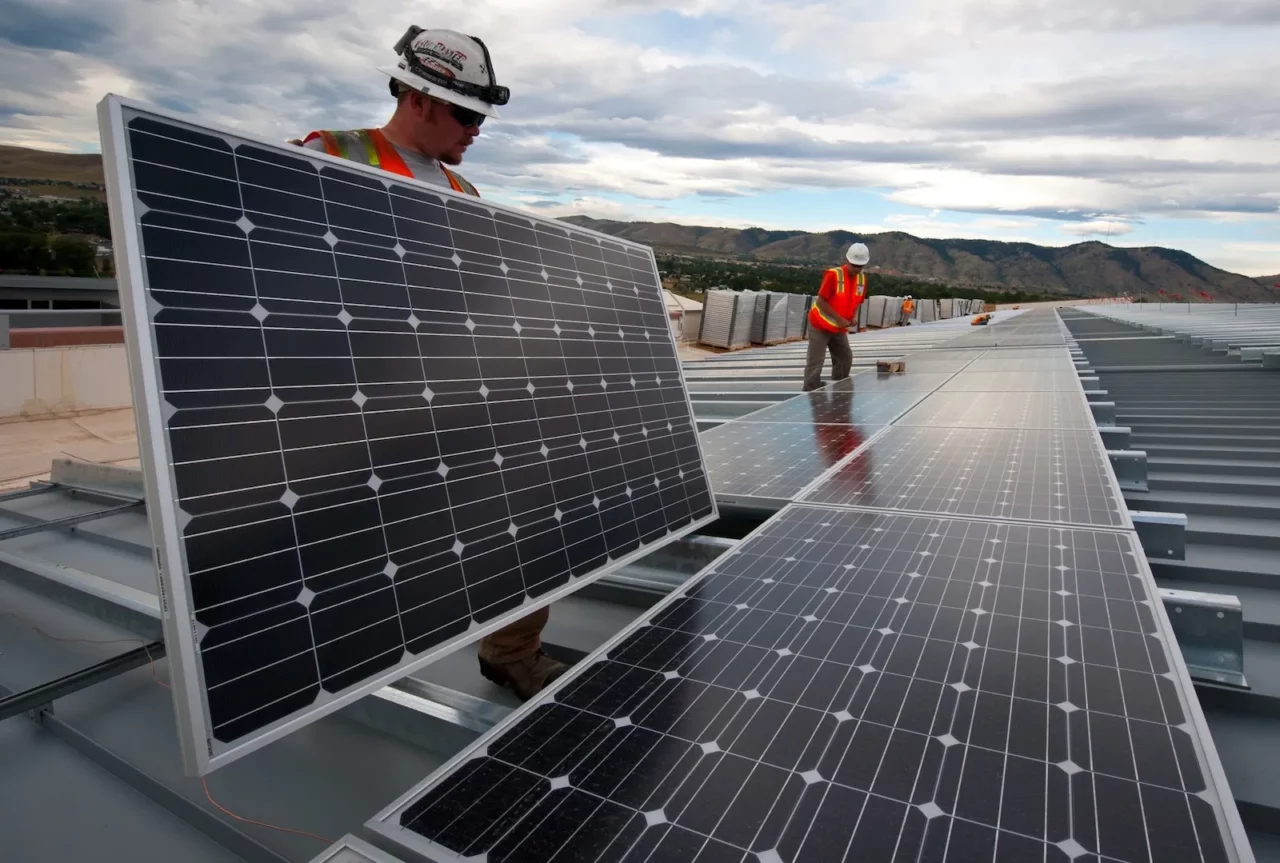
Proper maintenance plays a vital role in ensuring the long-term efficiency of solar panels. Regular inspections, cleaning, and upkeep are necessary to remove dust, dirt, and debris that can accumulate on the panel surface, obstructing sunlight and reducing efficiency. Furthermore, monitoring the electrical connections, checking for any signs of wear or damage, and promptly addressing any issues can help optimize the performance of the solar panel system.
Integrating Energy Storage Solutions
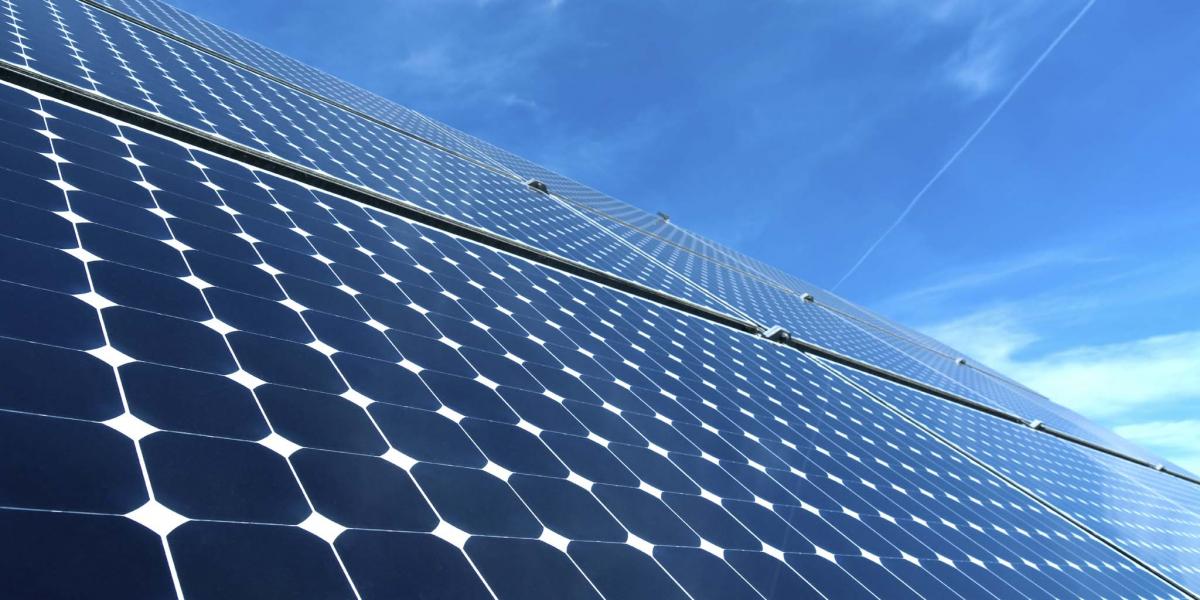
Efficiency in solar panels is not just limited to electricity generation but also extends to energy storage. The ability to store excess energy produced during peak sunlight hours for later use is essential for a reliable and efficient solar energy system. By integrating energy storage solutions such as batteries, solar panels can store and deliver electricity during periods of low sunlight or high energy demand, maximizing overall efficiency and energy utilization.
Economic Viability and Cost-Effectiveness
The economic viability of solar panels is a crucial consideration for widespread adoption. While high-efficiency solar panels tend to have a higher upfront cost, they can offer significant long-term benefits. Improved efficiency means generating more electricity from the same panel size, reducing the number of panels required for a given energy demand. This leads to cost savings in terms of installation, maintenance, and land requirements, making solar energy more cost-effective in the long run.
Environmental Benefits of Efficient Solar Panels
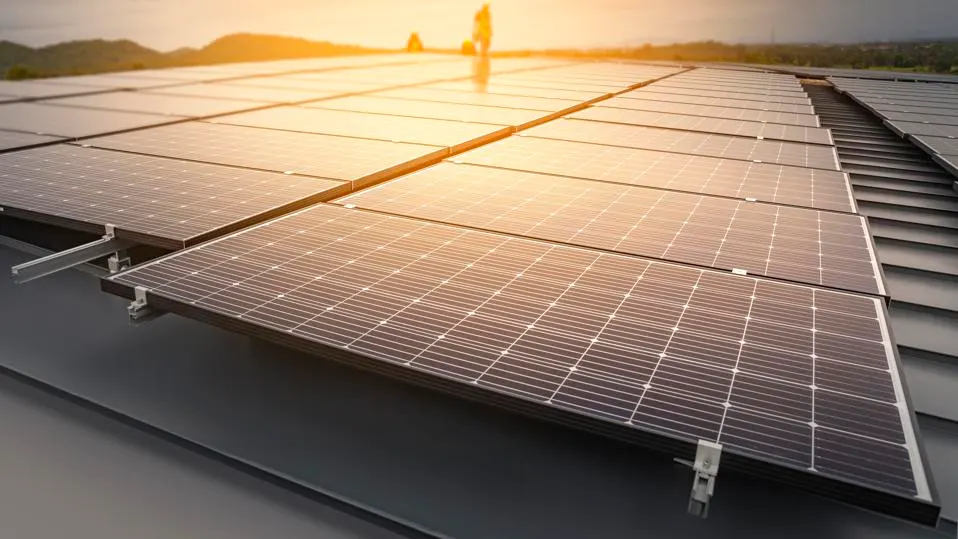
Efficiency in solar panels goes hand in hand with environmental benefits. By maximizing the conversion of sunlight into electricity, efficient solar panels minimize the need for additional energy sources that produce greenhouse gas emissions. They contribute to reducing carbon footprints, air pollution, and dependence on fossil fuels. Efficient solar panels play a vital role in combating climate change and promoting a sustainable future.
FAQs
Are high-efficiency solar panels more expensive?
While high-efficiency solar panels may have a higher upfront cost, they can offer long-term cost savings due to their increased electricity generation capabilities.
Can I install solar panels myself to save costs?
It is recommended to hire a professional installer to ensure proper installation, optimal positioning, and adherence to safety standards for maximum efficiency and performance.
How long do solar panels last?
Most solar panels come with a warranty of 25 to 30 years, but they can continue to generate electricity for 30 to 40 years or even longer with proper maintenance.
Can solar panels work on cloudy or rainy days?
Solar panels can still generate electricity on cloudy or rainy days, although at a reduced efficiency compared to sunny days. They design to harness diffused sunlight as well.
Are there any government incentives for installing solar panels?
Many countries and regions offer incentives such as tax credits, rebates, and net metering programs to encourage the installation of solar panels and promote renewable energy adoption.
Conclusion
Solar panels have become an increasingly important source of clean and renewable energy. The efficiency of solar panels plays a pivotal role in determining their effectiveness in generating electricity from sunlight. Factors such as high-quality photovoltaic cells, advanced materials and technologies, optimal panel design and placement, tracking systems, energy storage solutions, and regular maintenance contribute to making certain solar panels more efficient than others. The continuous improvement in solar panel efficiency is driving the growth and adoption of solar energy worldwide, leading us toward a greener and more sustainable future.
In conclusion, the efficiency of solar panels is influenced by various factors, including the quality of photovoltaic cells, advanced materials and technologies, optimal design, and placement, tracking systems, energy storage solutions, and regular maintenance. Investing in high-efficiency solar panels not only leads to increased electricity generation but also contributes to environmental sustainability and long-term cost savings. Embracing solar energy and adopting efficient solar panels is a significant step towards a cleaner and more sustainable future.

